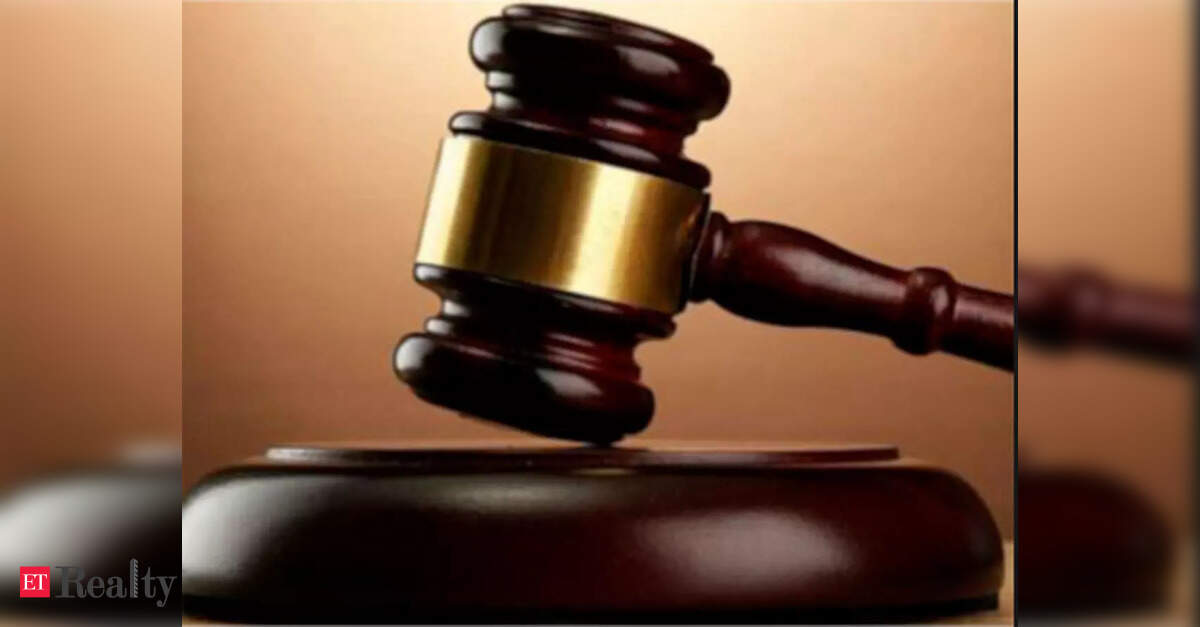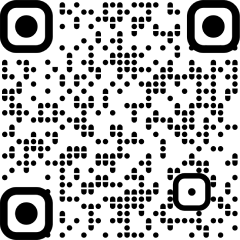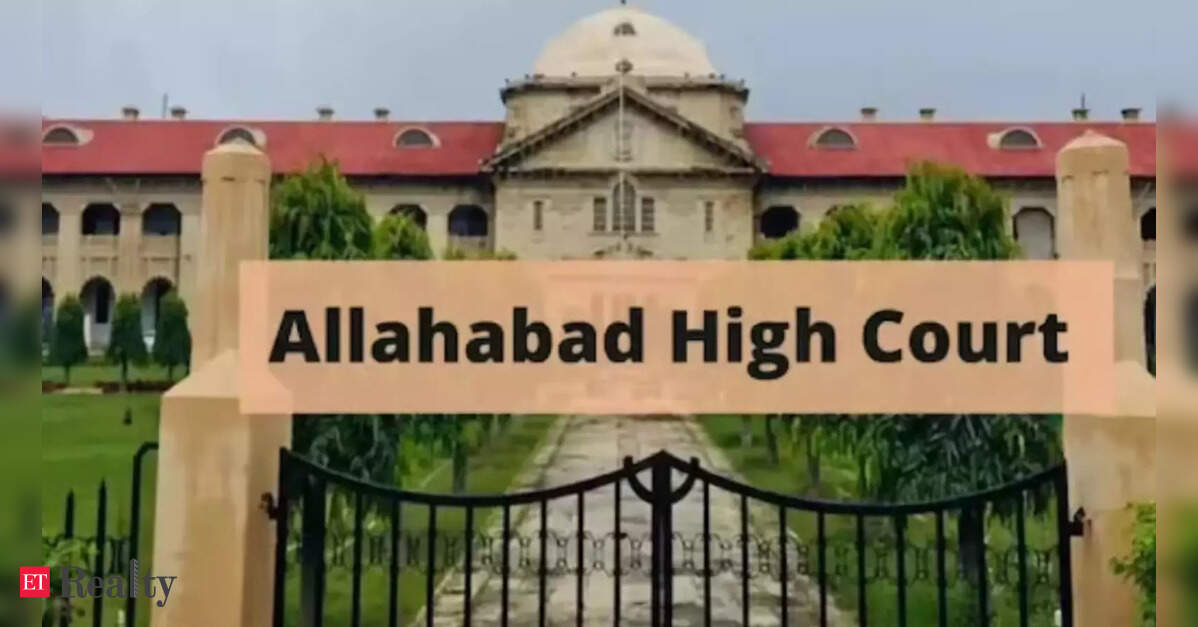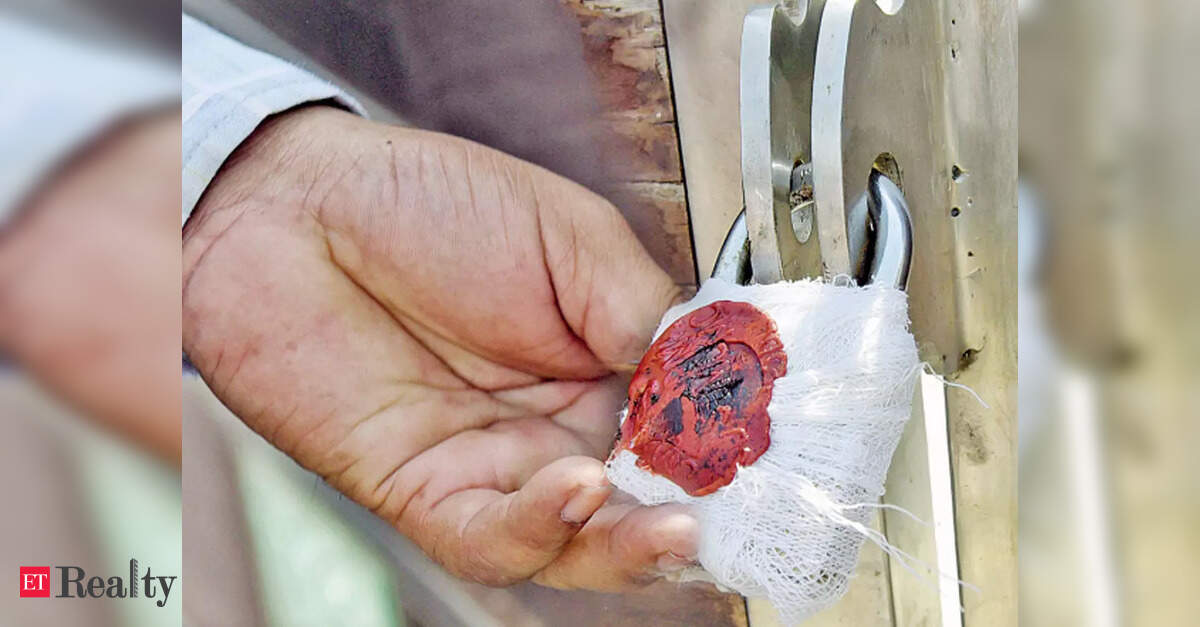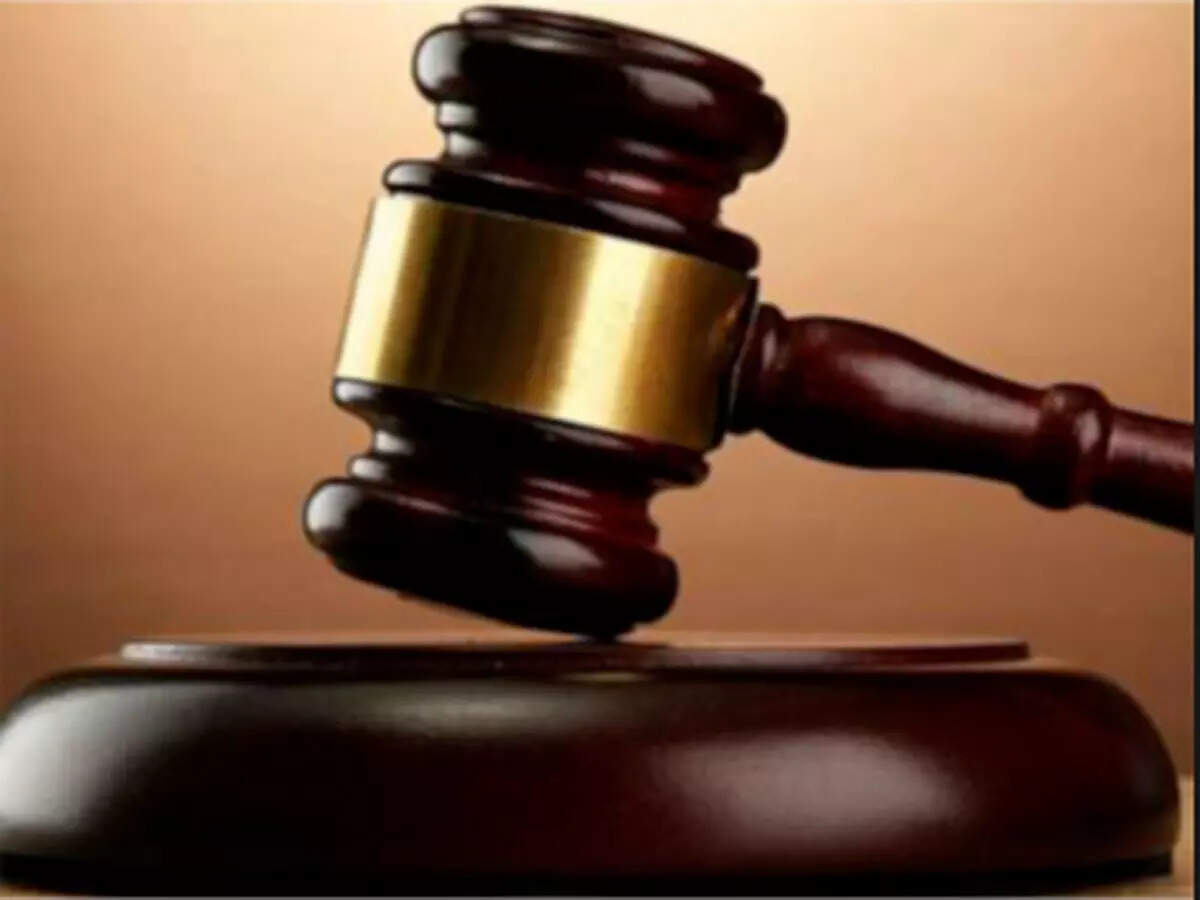
BENGALURU: The Karnataka High Court has resolved two writ appeals concerning a protracted land use and ownership dispute over a one-acre plot adjacent to the Sadashivanagar Club. The court ruled that the land use designation in the Bengaluru Master Plan has expired due to non-utilization.
A division bench consisting of Justice SG Pandit and Justice TM Nadaf stated that any further actions on the application filed by members of the former Mysuru royal family would hinge on the outcome of a pending civil suit before the Bengaluru city civil judge.
The appeals were put forth by the Bangalore Development Authority (BDA) and NG Raju, a private individual, challenging a single judge’s order from October 4, 2017. This order had favored the petitioners—Chaduranga Kantharaja Urs and others—who sought to invalidate the BDA’s endorsement from January 27, 2014, regarding land use and requested the removal of the property from the master plan’s ‘public and semi-public’ classification.
The petitioners claimed ownership of the plot at 16th Cross in Sadashivanagar, asserting it was granted to Rajakumari Leelavathi Devi on May 28, 1958. Currently, the site accommodates the Lord Narmadeshwara temple and the Brindavan of the late Leelavathi Devi. The royal family aimed to reclassify the land from public/semi-public to residential.
The BDA contested the claim, arguing that the land had been handed over to the erstwhile City Improvement Trust Board (CITB) at no cost to develop a park around the Brindavan, highlighting its cultural and historical significance. They maintained that the land should be preserved as green space, in accordance with original plans.
However, the division bench concluded that the BDA cannot lay claim to ownership over the land simply through an application under Section 14B of the Town and Country Planning Act. It asserted that the BDA must substantiate its ownership claim through appropriate legal channels, especially since it had not claimed ownership prior to the 2014 endorsement.
While agreeing with the single judge’s conclusion that the land-use designation had lapsed due to non-implementation, the division bench acknowledged that the previous judgment contained flaws, largely due to the disputed ownership and pending legal actions involving the petitioners and NG Raju.
The court emphasized that future determinations should concentrate solely on the issue of land use change, leaving matters regarding possession, park development, and historical transfers to be settled by the civil court.
